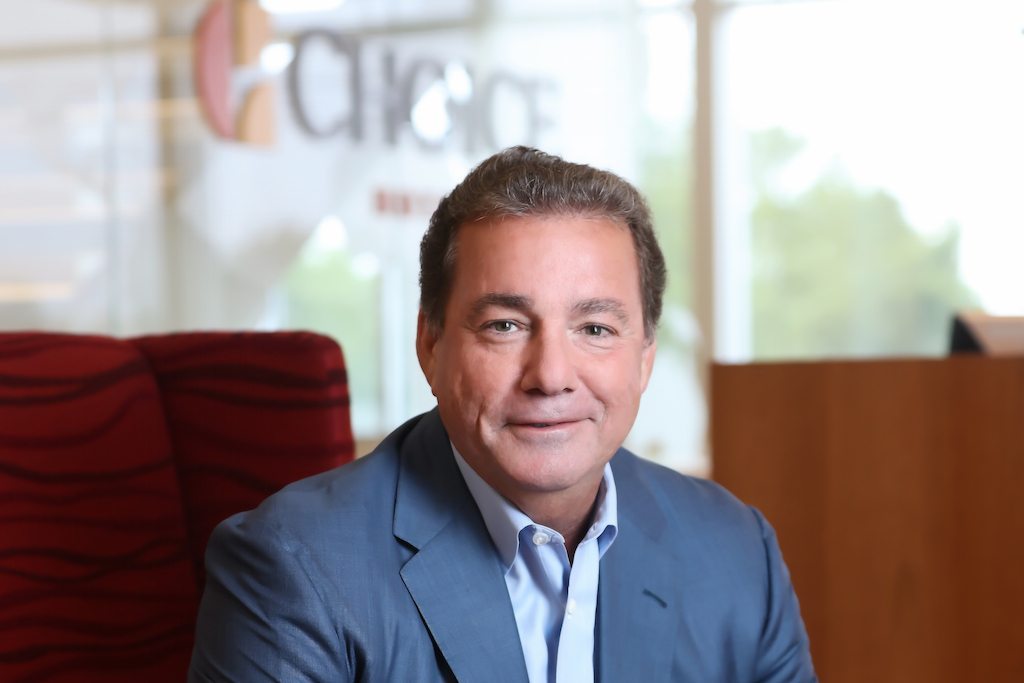Hotel CEOs Aren't Slowing Down Their Push for Direct Bookings

Skift Take
Hotel CEOs to investors: "Trust us, it was all worth it."
It's been a little over a year since the major hotel companies initiated their direct booking offensive in an attempt to take away share from online travel agencies [OTAs] and other third-party distribution parties.
And in that time, quarter by quarter, hotel CEOs have told us they've seen significant changes in how consumers are choosing to book with them, and in how many travelers are signing up for their respective loyalty programs.
During the most recent round of earnings calls, that was no different, as hotel CEOs reiterated their belief in the value of direct booking pushes, whether in the form of multi-million-dollar campaigns or special loyalty member rates.
Now, with a year's worth of data to rely on, most of those CEOs also seemed more confident than ever in the ability for these strategies to have an impact on bookings. The more aggressive tone CEOs adopted earlier last year has gradually faded and, as Skift noted in its 2017 Megatrends report, the conversation about the so-called direct booking wars has moved beyond an us-versus-them mentality.
What happens this year will be especially pivotal, as hotels see whether this strategy is truly sustainable, and whether they can afford to keep investing in these types of campaigns and discounted loyalty member rates.
Here's what some of the hotel CEOs had to say about direct bookings during their most recent quarterly earnings calls.
Hilton: "It's Been Quite Successful"
Hilton, in many ways, has had the loudest voice when it comes to promoting direct bookings, thanks, in large part, to its massive "Stop Clicking Around" campaign. CEO Christopher Nassetta said that in 2016, Hilton added 9 million more members to its Hilton Honors program, which now has more than 60 million members in total. Loyalty members also drove 56 percent of the company's system-wide occupancy, which was 400 basis points higher than in 2015. Web-direct and mobile bookings were also up by 200 basis points o
